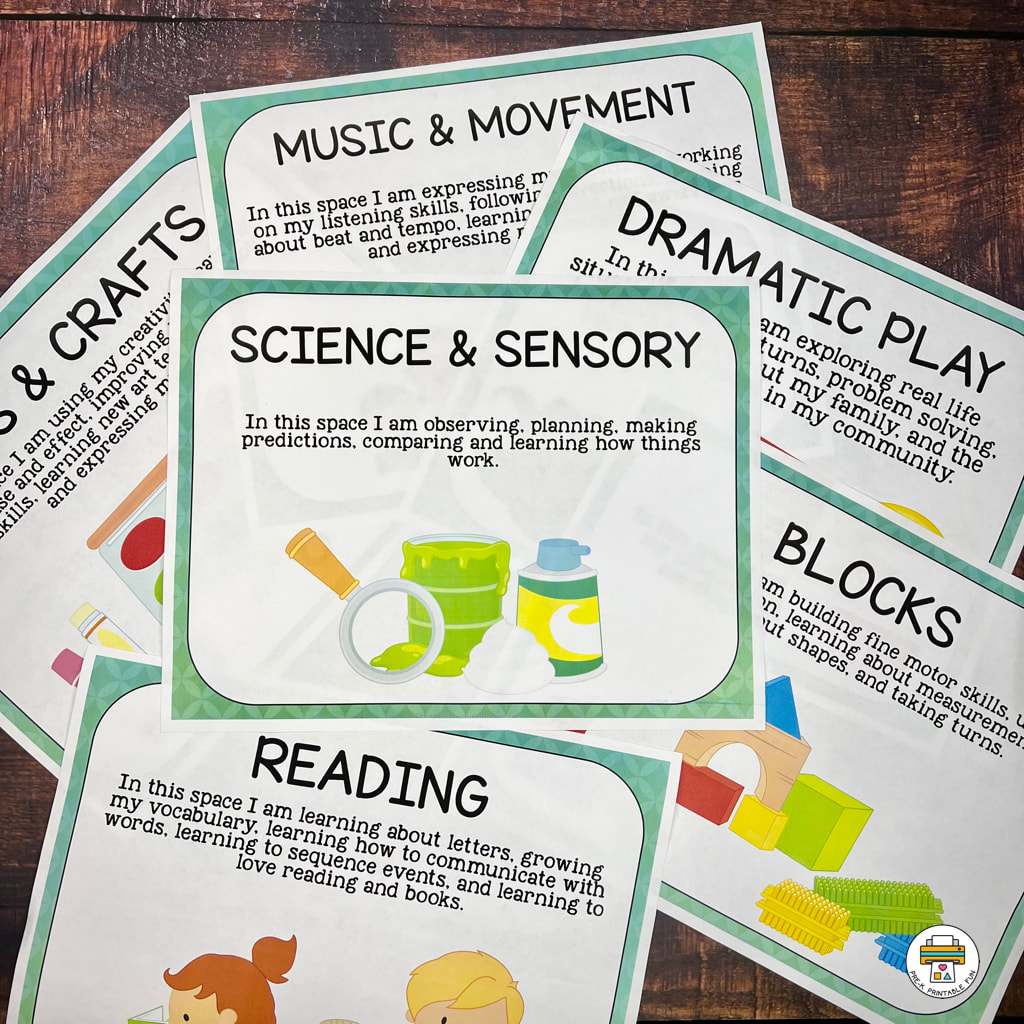|
Are you just getting started on your Pre-K at home journey? Are you feeling overwhelmed with planning and organizing your activities? Or maybe you are looking for a more gentle approach to educating your Preschool aged child at home?
Planning and organizing your daily preschool at home learning activities doesn't have to be overwhelming. Keep it simple
Here at Pre-K Printable Fun, we believe in a simple approach to educating your preschooler at home.
We believe you can meet your preschool child's developmental needs by doing these simple things every day: S-Sing, Read, and Talk I-Improve a developmental skill M-Make something new P-Play (freely) L- Learn a new skill E-Explore Outside! Free template
We have created a free editable lesson plan template to make it easier for you to plan and execute your own simple learning at home lessons.
Use our free editable simple learning at home lesson plan template to easily record your daily activities all week long!
Want your own free copy? fill out the form at the botton of this post to get the free .pdf delivered to your inbox.
Keep reading to learn more about the keep it simple approach to educating your preschool aged child at home!
Sing, Read, and Talk
Singing: Not only is singing fun, but it also helps young children in many areas of their development.
Children can improve a variety of language skills through singing such as phonics, rhyming, and alliteration.
The repetition of singing make it easier to memorize important concepts such as the letters in the alphabet, shapes, colors, counting, and the days of the week.
Singing also gives younger children (who aren't yet reading) a chance to practice these language skills. There are a lot of ways to incorporate singing at home!
Reading: Take time to read to your child each day. Reading to your child provides a wonderful opportunity for you to bond with them.
When you read together, children are learning new words and improving their vocabulary. They are learning more about themselves, learning to recognize that print on paper relates to language, and learning about different emotions (through the inflection in your voice).
Books take us on adventures, allow us to explore the world around us, and learn new things. You never know-something you read today in a picture book, might turn into a future lifelong passion for your child!
There are a lot of ways to incorporate reading at home!
Talking: How much time do you spend talking to your child? It's important to have meaningful conversations with your child.
There are a lot of ways to incorporate talking at home!
Improve a skill
In order to best support your child's development, it's first important to learn more about what skills are developmentally appropriate for young children.
In the U.S, we don't have a national set of Early Learning Childhood Developmental Guidelines. Instead, each state, and many curriculum developers, have created their own. Many of these guides can be found online for free. These guidelines outline developmentally appropriate skills that your child should be working towards mastering. Here at Pre-K Printable Fun, we've developed our own free Early Learning Standards Checklist which you can find here. Our early learning standards describe over 50 common preschool learning outcomes spanning the following 8 developmental domains: Social Emotional, Approaches to Learning, Physical Development (Gross Motor, Fine Motor, Health & Safety), Language & Literacy, Mathematics, Science & Discovery. Social Studies, and Art & Creativity. After you get your hands on a set of guidelines, you can start observing and assessing your child to see which areas they need more support in. make something
Let's get creative! Provide an opportunity each day for your child to make something! It can be art, a craft project, a snack, or even a block city.
Allow your child to express their own creativity. Focus on the process of the activity and not the outcome.
You can encourage your child to learn more through creating something by:
Play
One of my favorite quotes about the importance play is from Fred Rogers. He said, “Play is often talked about as if it were a relief from serious learning. But for children play is serious learning. Play is really the work of childhood.”
Play is one of the most important parts of your child's day. Make sure you provide large interrupted blocks of time throughout your day for child directed free play.
You can encourage your children to learn more through play by:
Get involved! Child directed play doesn't always have to be independent play. You can always be the customer at their restaurant, or their fort building assistant.
Learn something
There are so many things to learn! Include your child in their own education, by asking them what they want to learn about!
What are your child's interests? Here at Pre-K Printable Fun, you can use our themes to find suggested activities to help build new developmental skills related to 50+ popular children's themes.
We believe exposing young children to new learning experiences will help them learn more about themselves, and the world they live in. You can encourage children to learn new things by:
Explore Outside
Playing outside has many important benefits. Outdoor play allows young children the opportunity to improve their physical development skills. It also provides a welcomed break during the day which is great for mental health.
Playing outside provides young children the opportunity to connect and socialize with others and work on social emotional skills (teamwork, sharing, etc.). Exploring nature also allows us to learn more about the world around us and improve our cognitive skills.
You can encourage outdoor play by:
Grab your free copy:Let's connect!
Are you using a simple approach to Pre-K at home with your child?
I'd love to have you join my FB Commuity! You might like:
Free Preschool Assessment Pack
What Skills to Teach Your Preschooler
More Homeschooling Related Resources
|
What can I help you find?
Become a MemberGet Free
|
Learning Centers
Preschool Learning Centers are commonly referred to as Preschool Centers, or Learning Spaces. These are activity areas dedicated to a specific type of of play and exploring a variety of topics and activities. Download our Free set of Center Signs!
|
Site
|
|

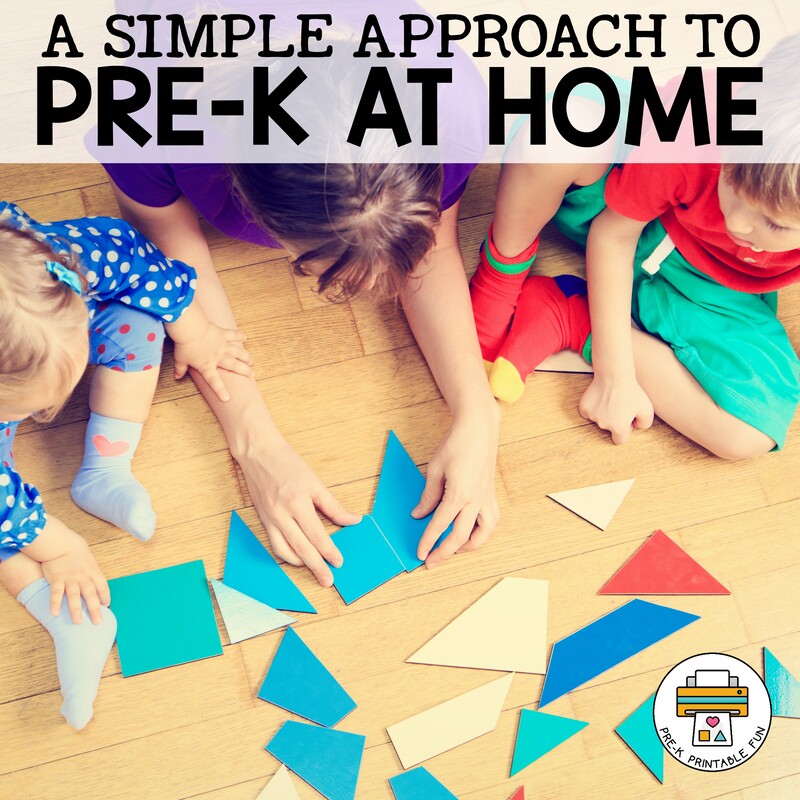
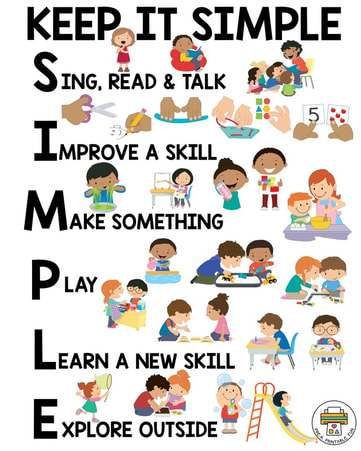
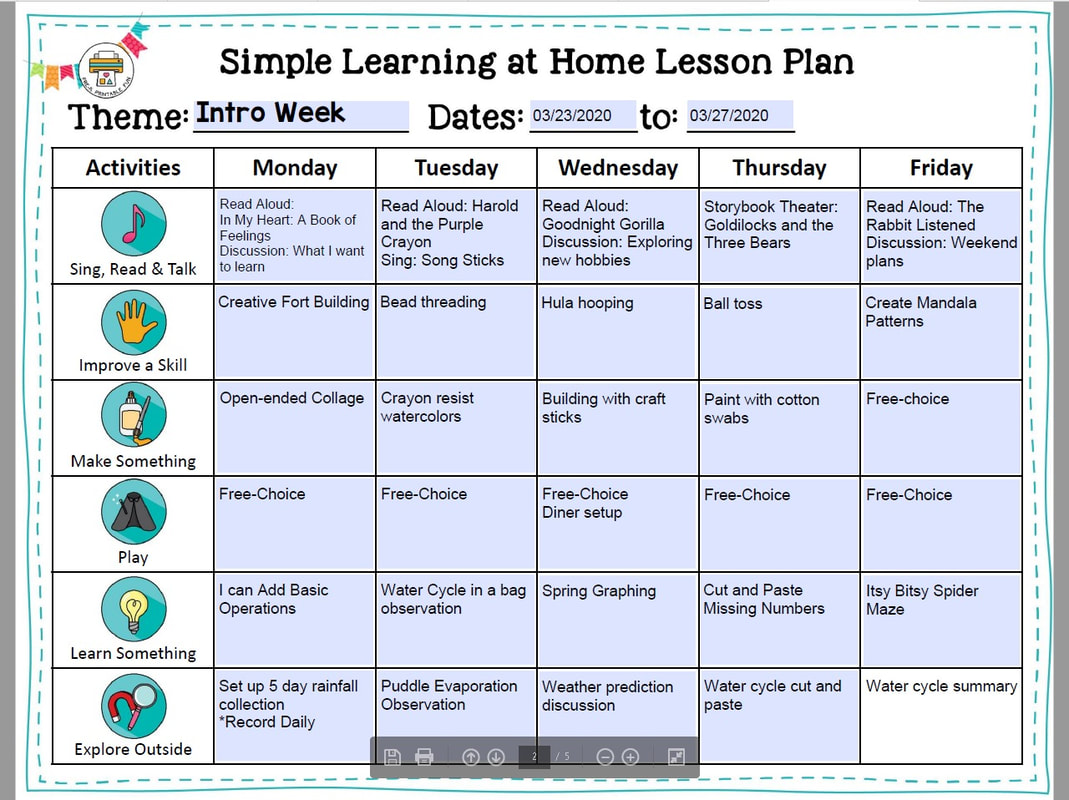


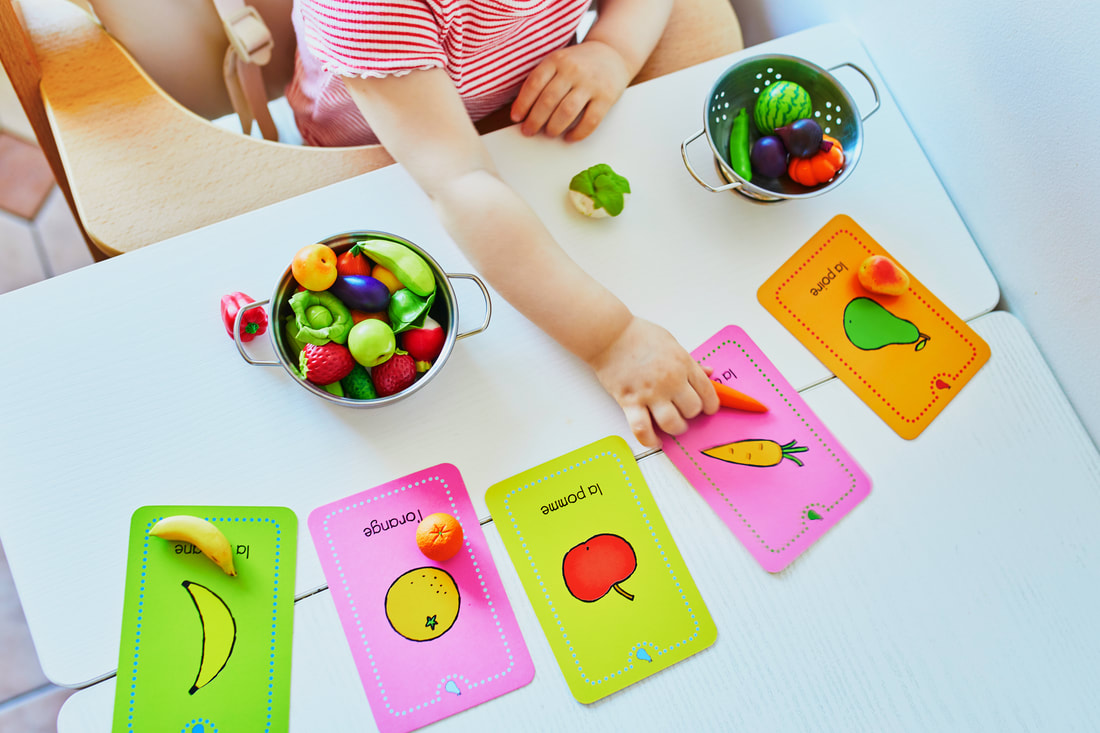
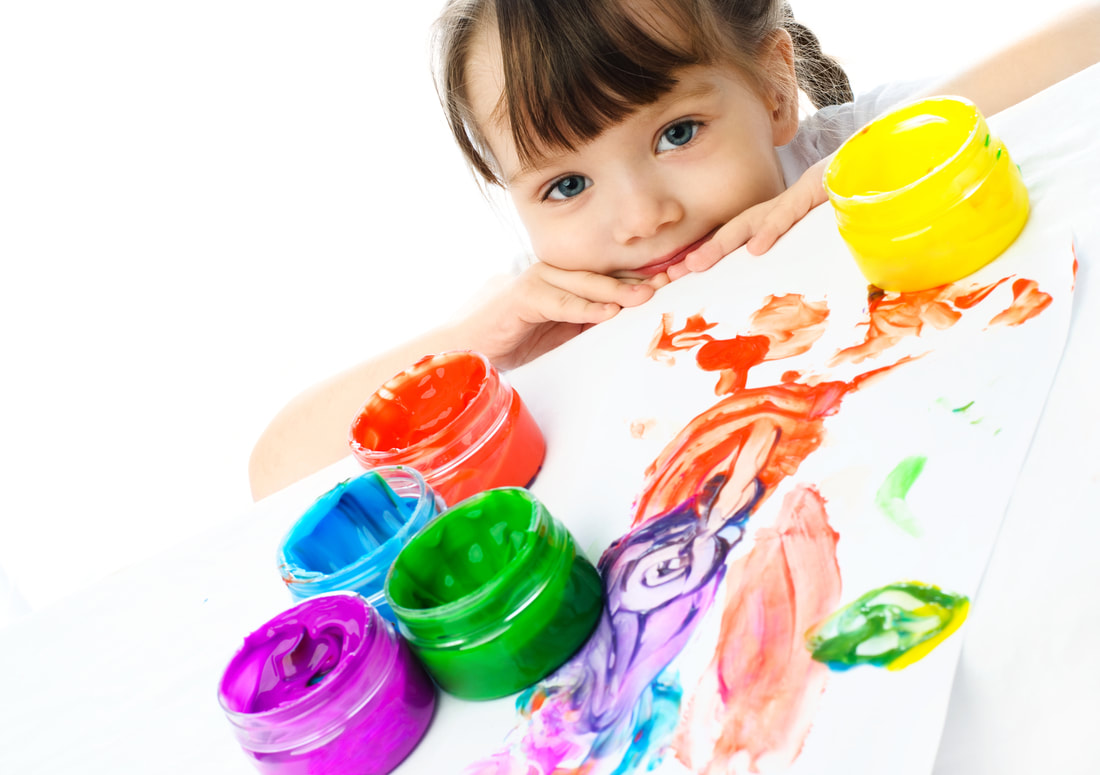
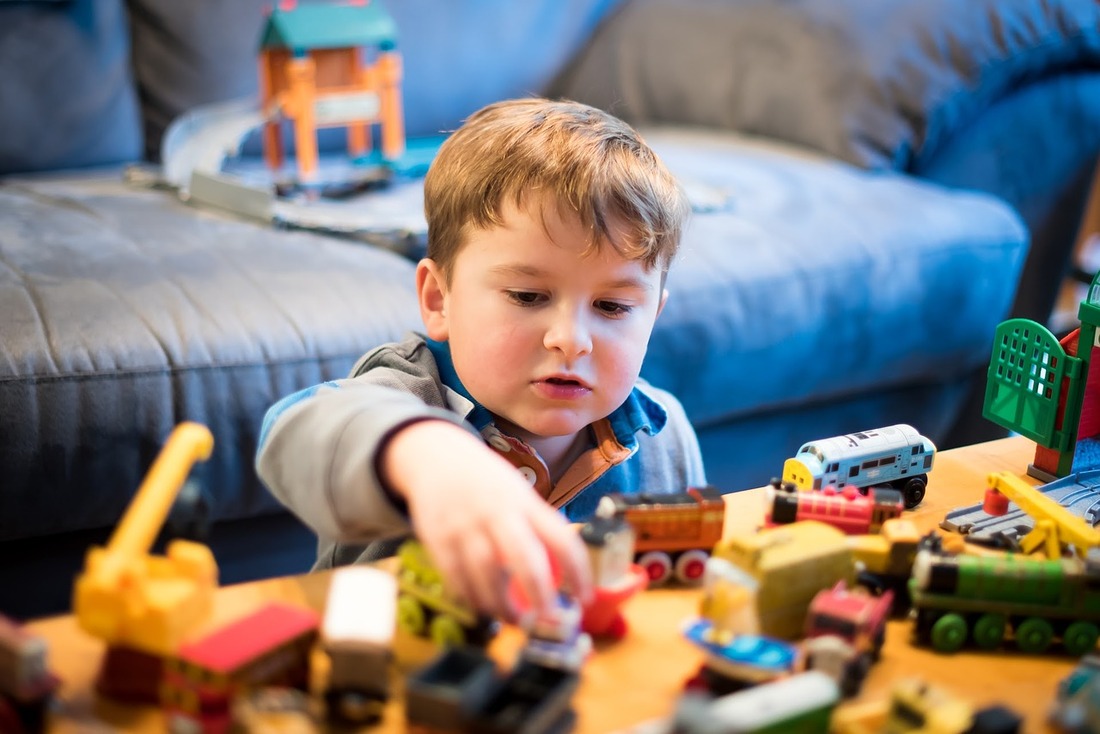
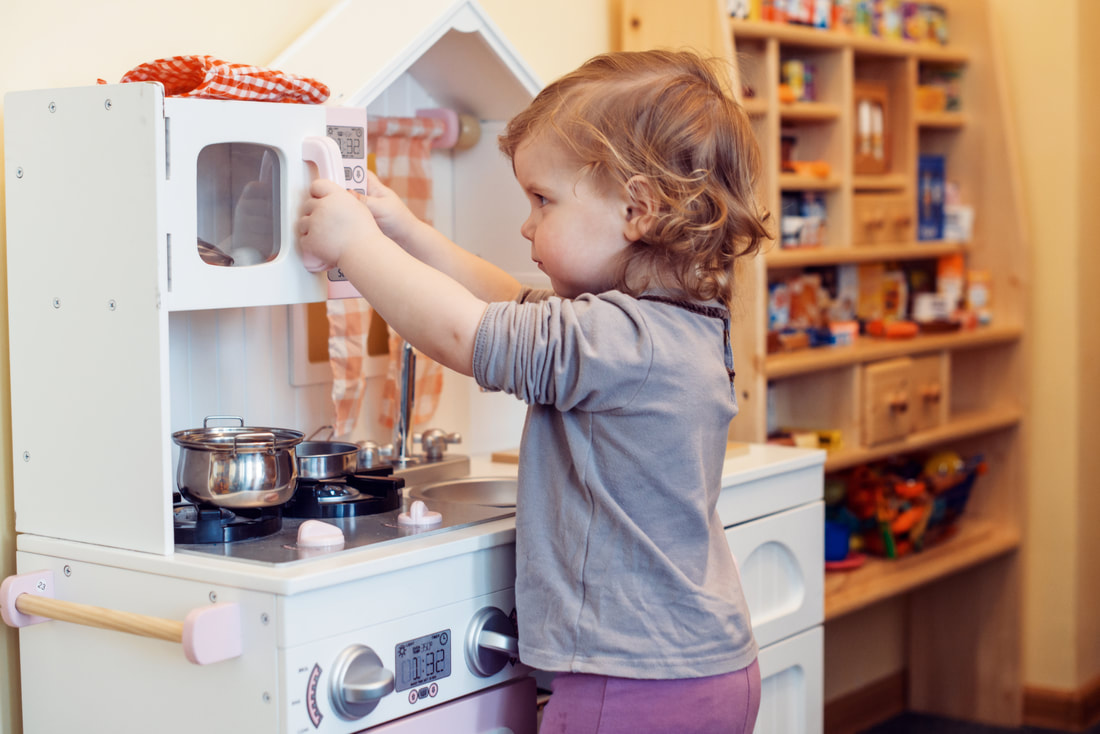
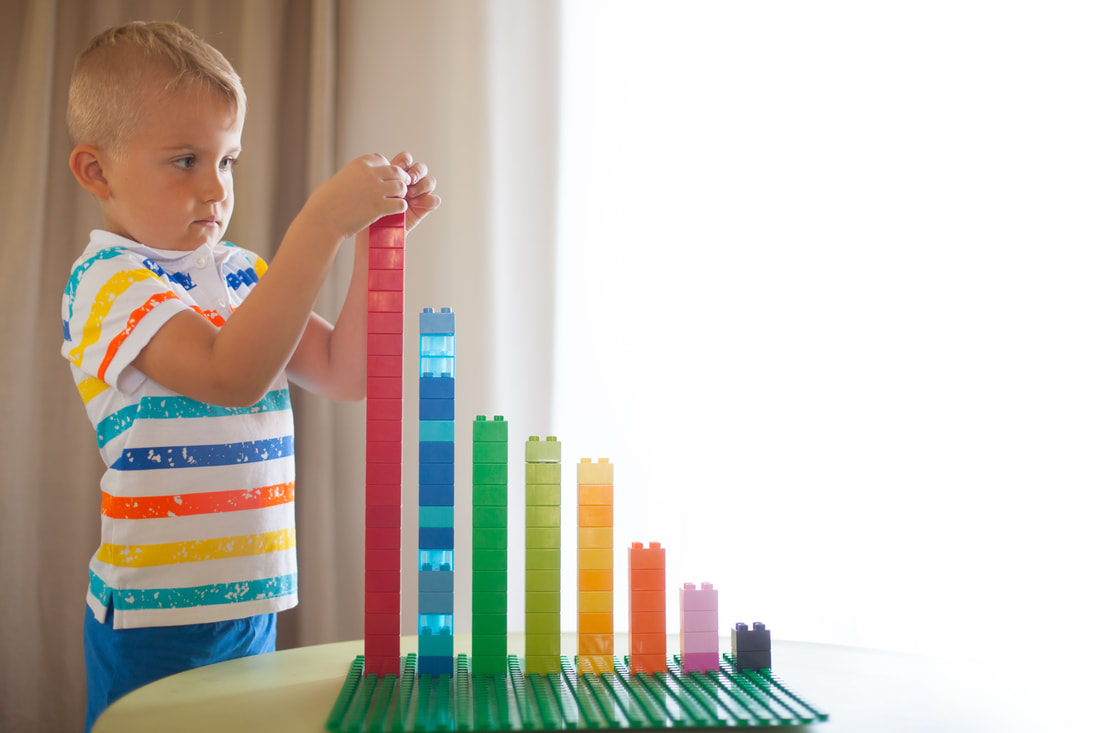

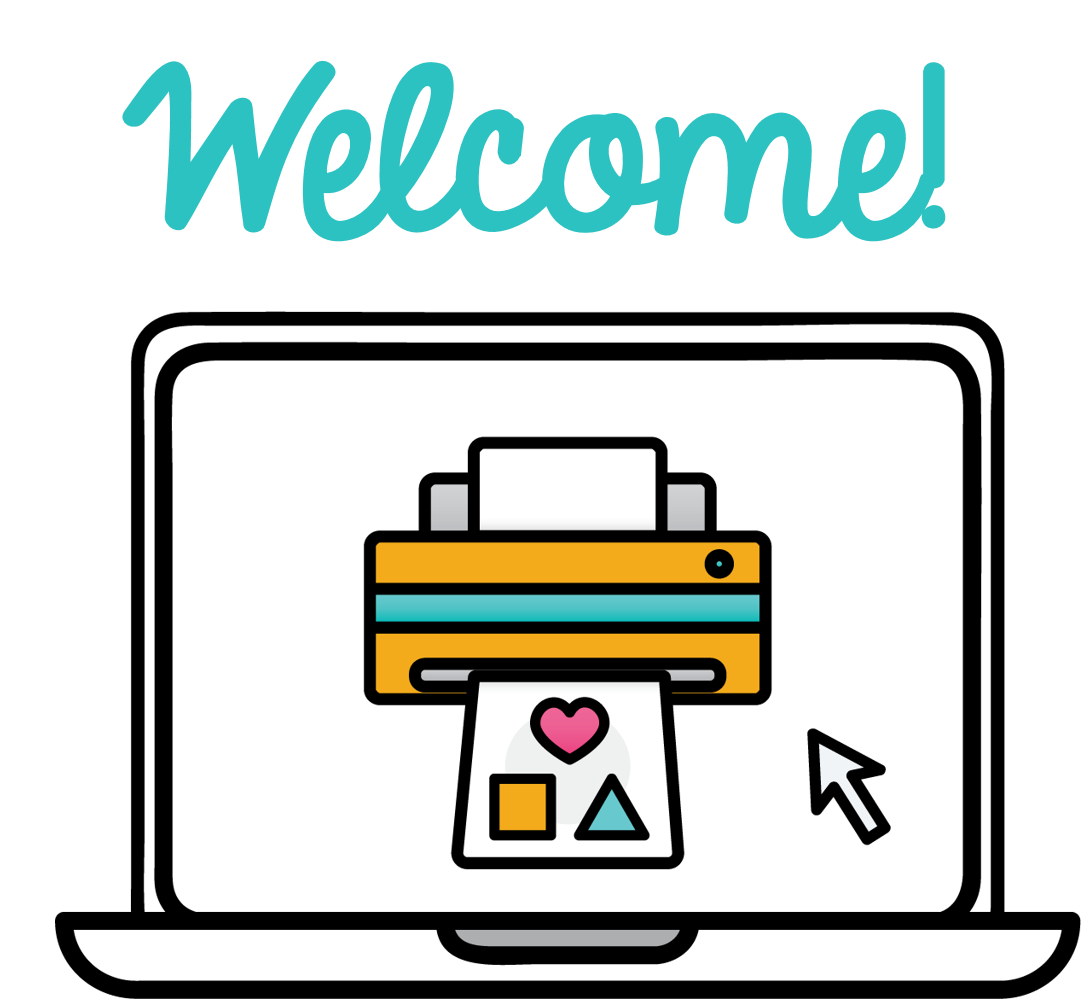

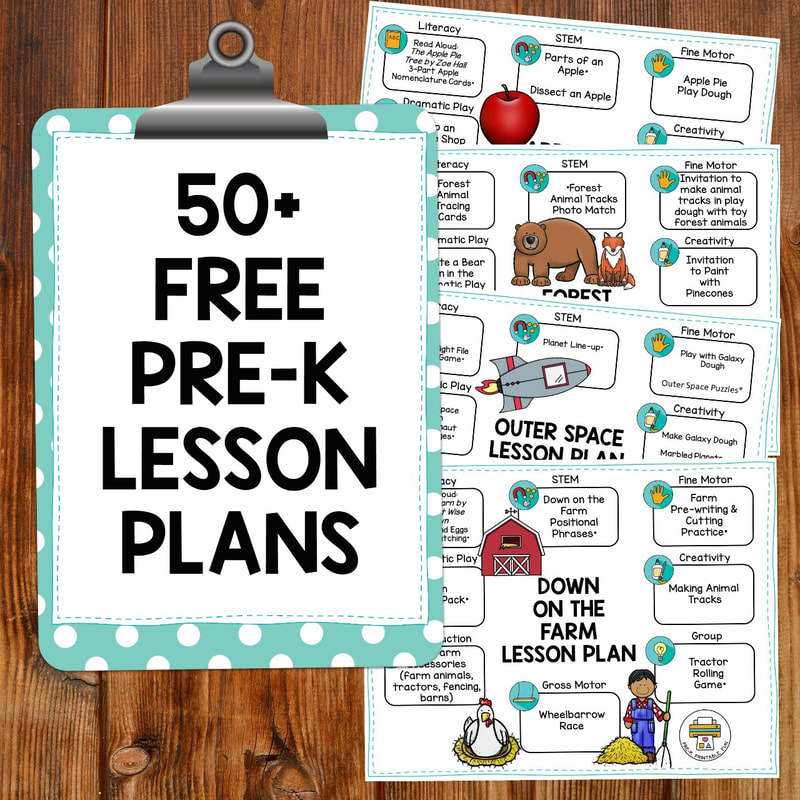
 RSS Feed
RSS Feed
